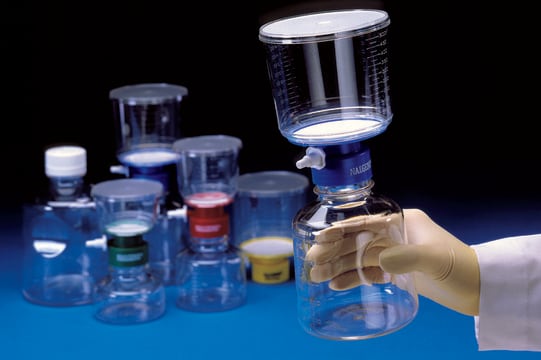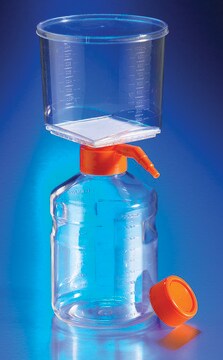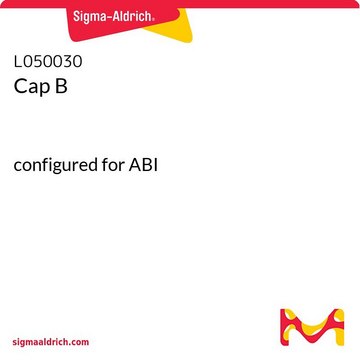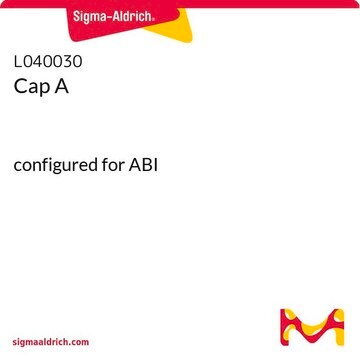L010000
Acetonitril
Synonym(e):
ACN, Cyanomethan, Ethylnitril, Methylcyanid
About This Item
Empfohlene Produkte
Dampfdichte
1.41 (vs air)
Qualitätsniveau
Dampfdruck
72.8 mmHg ( 20 °C)
Typ
for DNA synthesis
Form
liquid
Selbstzündungstemp.
973 °F
Expl.-Gr.
16 %
Lagerbedingungen
dry at room temperature
Verunreinigungen
≤30 ppm water content (Karl Fischer)
Farbe
clear
Brechungsindex
n/D 1.342-1.346
n20/D 1.344 (lit.)
bp
81-82 °C (lit.)
mp (Schmelzpunkt)
−45 °C (lit.)
Dichte
0.786 g/mL at 25 °C (lit.)
Format
neat
SMILES String
CC#N
InChI
1S/C2H3N/c1-2-3/h1H3
InChIKey
WEVYAHXRMPXWCK-UHFFFAOYSA-N
Suchen Sie nach ähnlichen Produkten? Aufrufen Leitfaden zum Produktvergleich
Verwandte Kategorien
Allgemeine Beschreibung
Signalwort
Danger
H-Sätze
Gefahreneinstufungen
Acute Tox. 4 Dermal - Acute Tox. 4 Inhalation - Acute Tox. 4 Oral - Eye Irrit. 2 - Flam. Liq. 2
Lagerklassenschlüssel
3 - Flammable liquids
WGK
WGK 2
Flammpunkt (°F)
35.6 °F - closed cup
Flammpunkt (°C)
2.0 °C - closed cup
Hier finden Sie alle aktuellen Versionen:
Besitzen Sie dieses Produkt bereits?
In der Dokumentenbibliothek finden Sie die Dokumentation zu den Produkten, die Sie kürzlich erworben haben.
Kunden haben sich ebenfalls angesehen
Unser Team von Wissenschaftlern verfügt über Erfahrung in allen Forschungsbereichen einschließlich Life Science, Materialwissenschaften, chemischer Synthese, Chromatographie, Analytik und vielen mehr..
Setzen Sie sich mit dem technischen Dienst in Verbindung.









